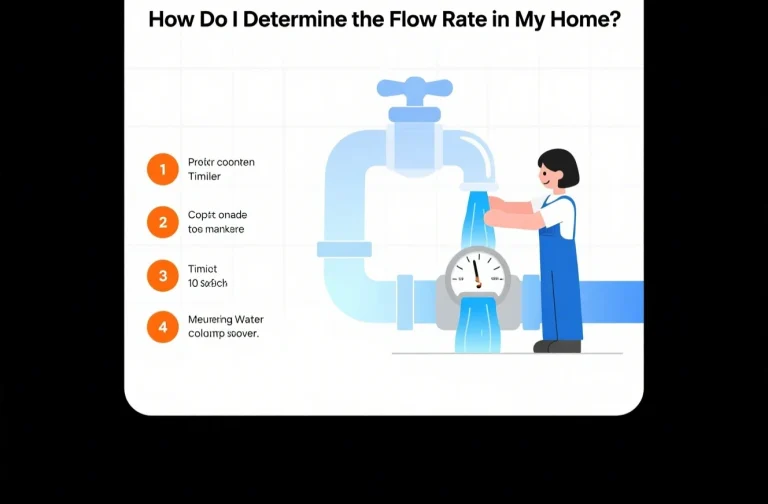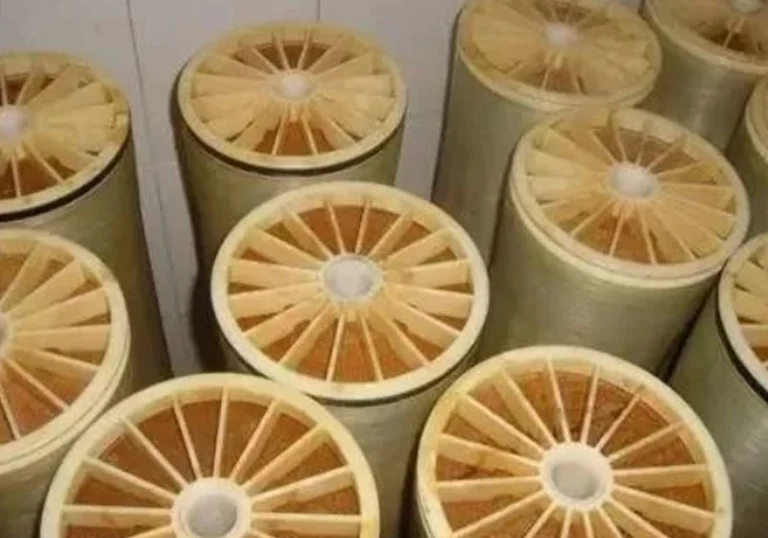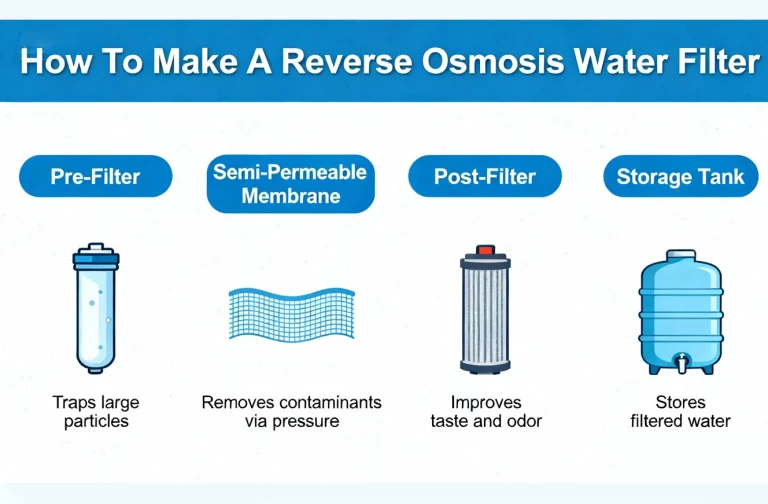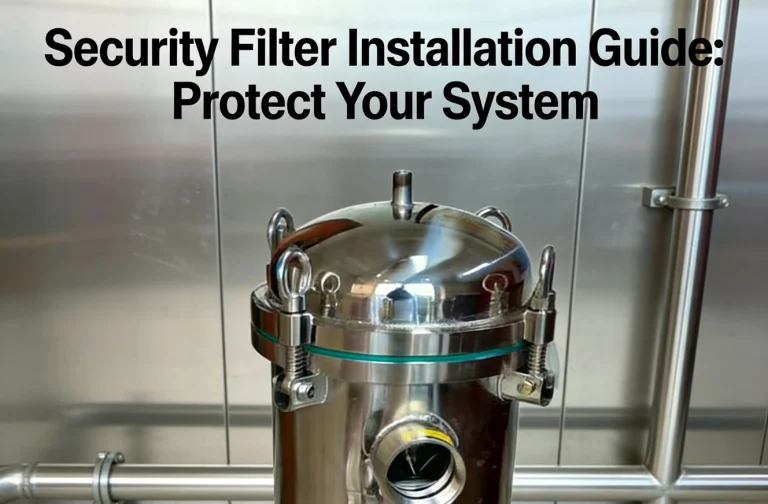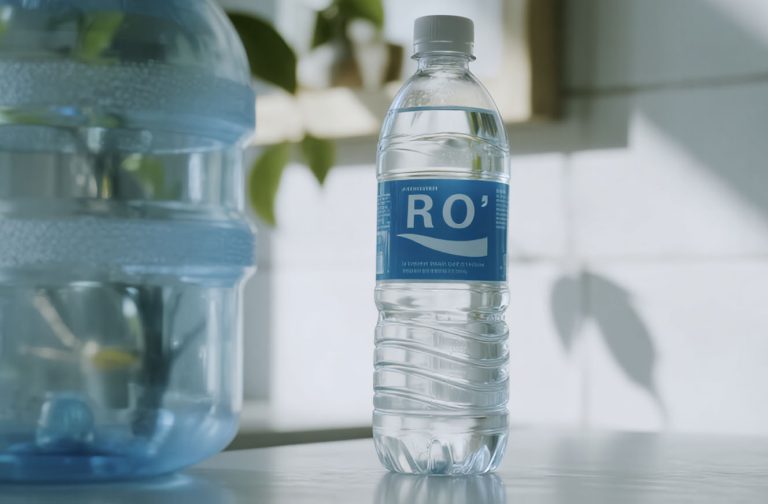BasideWT- Whole Home Water Filtration System & Replacement

What is the Best Disinfection System for Water Treatment?
When it comes to ensuring that your drinking water is safe and free of harmful microorganisms, choosing the right disinfection system is crucial. What is the best disinfection system for water treatment? This is a question that many homeowners, business owners, and municipalities face when selecting a solution for their water purification needs. There are a variety of disinfection technologies available, each offering different advantages depending on the water source, the specific contaminants, and the desired outcome.
In this article, we’ll explore various disinfection systems, compare their effectiveness, and help you determine the best choice for your water treatment needs.
Why Water Disinfection Is Vital for Health
Water disinfection plays a critical role in ensuring the safety of your drinking water. Without effective disinfection, water can harbor harmful microorganisms such as bacteria, viruses, and parasites. These pathogens can cause a range of illnesses, from gastrointestinal problems to more serious infections.
1. Microbial Contaminants
Contaminants like E. coli, Giardia, and cryptosporidium can cause severe health issues. These microorganisms are commonly found in untreated or poorly treated water.
2. Toxins and Pathogens
In some cases, water may contain harmful chemicals or viruses. An efficient disinfection system ensures these are removed or neutralized, preventing waterborne diseases.
3. Safe Drinking Water
Regular disinfection ensures that water is safe for consumption, cooking, and personal hygiene. It is a proactive way to protect you and your family from waterborne diseases.
Types of Water Disinfection Systems: Which One Is Best?
There are several types of disinfection systems that can be used for water treatment. Each system has its own advantages and is suited for different needs. Let’s take a closer look at the most common types.
1. UV (Ultraviolet) Water Purification Systems
UV disinfection is one of the most effective and environmentally friendly methods of purifying water. It uses ultraviolet light to kill or deactivate microorganisms by disrupting their DNA, preventing them from reproducing.
- Pros:
- Non-chemical, environmentally friendly
- Effective against a wide range of pathogens
- Requires minimal maintenance
- Cons:
- Requires clear water for optimal performance
- Does not remove chemical contaminants
2. Chlorination Systems
Chlorine has been used for decades as a disinfectant for drinking water, primarily because of its cost-effectiveness and ability to kill a broad spectrum of microorganisms.
- Pros:
- Cost-effective and widely available
- Effective against bacteria, viruses, and parasites
- Residual effect, providing continuous protection
- Cons:
- Can cause unpleasant taste and odor
- Not effective against certain pathogens like Cryptosporidium
3. Ozone Water Treatment Systems
Ozone is a powerful disinfectant that can kill bacteria, viruses, and other pathogens. It is created by ozone generators that introduce ozone gas into the water.
- Pros:
- Highly effective at killing a broad range of pathogens
- Decomposes quickly, leaving no chemical residuals
- Improves water taste and odor
- Cons:
- Expensive initial setup and maintenance
- Requires specialized equipment and professional installation
4. Reverse Osmosis (RO) Systems
Reverse osmosis is primarily used for removing dissolved solids and contaminants from water, but it also acts as a disinfection method by removing bacteria and viruses through its semi-permeable membrane.
- Pros:
- Removes a wide range of contaminants, including heavy metals, bacteria, and viruses
- Effective for both municipal and well water sources
- Cons:
- Requires regular filter changes
- Wastewater production can be high
5. Chloramine Disinfection Systems
Chloramine, a compound made from chlorine and ammonia, is used as an alternative to chlorine for water treatment. It is typically used by municipal water treatment plants.
- Pros:
- Longer-lasting disinfection residuals
- Less odor and taste problems compared to chlorine
- Cons:
- Can be difficult to remove with common home filtration systems
- May cause health concerns if used in high concentrations
Comparing the Best Disinfection Systems for Water Treatment
So, what is the best disinfection system for water treatment? The answer depends on several factors, such as the type of contaminants in the water, the size of the system needed, and the specific requirements of your household or business.
Factors to Consider in Choosing the Right System
- Water Quality: If your water contains high levels of bacteria or viruses, UV, ozone, or chlorination may be more effective. However, if you have high levels of chemical contaminants, an RO system might be better.
- Size and Cost: UV and chlorination systems are usually more affordable upfront. However, systems like ozone or RO systems might require a larger investment, especially for commercial or municipal purposes.
- Maintenance: Systems like UV and RO require regular filter replacements and maintenance. In contrast, chlorination and chloramine systems require fewer ongoing maintenance efforts.
- Health and Safety: If you’re particularly concerned about chemical byproducts or want a natural solution, UV or ozone disinfection may be better. Chlorination might cause issues with taste and odor.
Case Study: Choosing the Right Disinfection System for a Small Family Home
To better illustrate how to select the best disinfection system, let’s consider a typical case. A family living in a suburban area has well water that has tested positive for bacteria but is otherwise clean of other contaminants. The family is concerned about the potential health risks posed by the bacteria in the water, but they also want an affordable, low-maintenance solution.
- Solution: The family opted for a UV water purification system. Given that UV light is highly effective against bacteria, this system was ideal for their needs. It was easy to install, didn’t require chemical use, and the family enjoyed the benefits of clean, safe water without a strong chlorine taste.
This example shows how UV can be a great choice when bacterial contamination is a concern, and the water quality is otherwise good.
Benefits of Using a Disinfection System for Water Treatment
The right disinfection system doesn’t just protect you from harmful microorganisms; it offers several additional benefits, especially in terms of overall water quality.
1. Improved Water Quality
Disinfection systems enhance water quality by removing harmful pathogens and reducing chemical contaminants. This makes the water safer for drinking and cooking.
2. Reduced Risk of Waterborne Diseases
Effective disinfection systems reduce the risk of waterborne illnesses such as cholera, dysentery, and hepatitis by neutralizing harmful microorganisms that can cause these diseases.
3. Long-Term Cost Savings
Investing in a quality disinfection system can help you avoid long-term medical and plumbing costs that may result from untreated or poorly treated water. Cleaner water can also reduce the wear and tear on appliances like dishwashers, water heaters, and pipes.
4. Environmentally Friendly
Certain disinfection systems, such as UV and ozone, are chemical-free, making them environmentally friendly and safe for the water supply. They don’t contribute to chemical waste or pollution.


